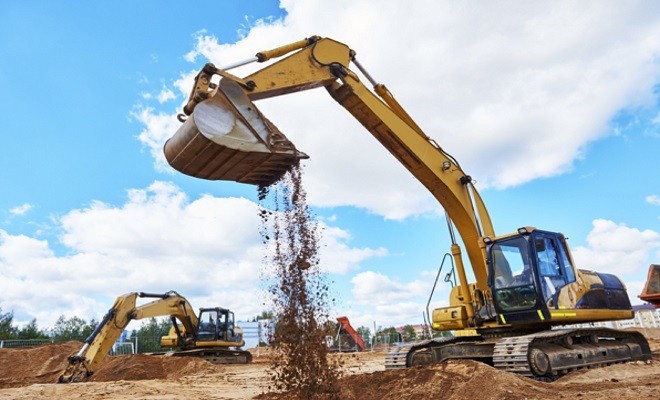A booming real estate sector calls for the construction companies to implement IoT extensively in their plans of building smart cities

The relatively low investment required to implement Internet of Things (IoT) in the construction sector is exponentially generating greater returns.
Building firms can now ensure their people and assets to be as productive as possible, while safeguarding workers, preventing delays and meeting all the mandatory specifications.
Smart construction equipment
Construction companies have heavy machinery like generators, cranes, concrete mixers, pounders, excavators or earth movers. Here, IoT has a lot to offer than just traceability. Installation of sensors on these machines can help the operators in assuring that correct work is being carried out at the correct site. This can not only increase the productivity, but also provide a realistic estimate regarding the completion of a new project.
IoT can also help provide details about machine health (whether a certain part needs repair, or the entire machinery has to be replaced). Having such a system for preventive maintenance can avoid an unexpected delay where the equipment stops working in the middle of work. At the same time, a construction company can benefit by saving precious time to meet the target.
Securing the location
Legitimate certification of buildings is highly critical in the construction business. Safety of people, whether they are prospective residents, or qualified site workers, should of the highest priority.
In order to achieve this, ceratin IoT sensors can be fitted to the hazardous chemicals present at the site for detecting any possible leaks and reduce the risk of accidents.
Alternatively, availability of Bluetooth tags is another good option for monitoring both people and assets.
Self-regulatory checks
As mentioned earlier, certification and carrying out safety checks on building sites is very essential. Such activities usually require a lot of paperwork and demand a heavy investment of time. Automating these processes can prove to be a viable solution to the above issue.
Conclusion
The true value of IoT for construction companies is in integrating them with their project management tools and site management.
A construction firm comprises of the people (involved in the administration), the assets (machinery) it possesses, and its workers. To reap the profits of IoT, the focus should be on strenghting the above three to give their customers the best possible service and thus increase the productivity gains.











